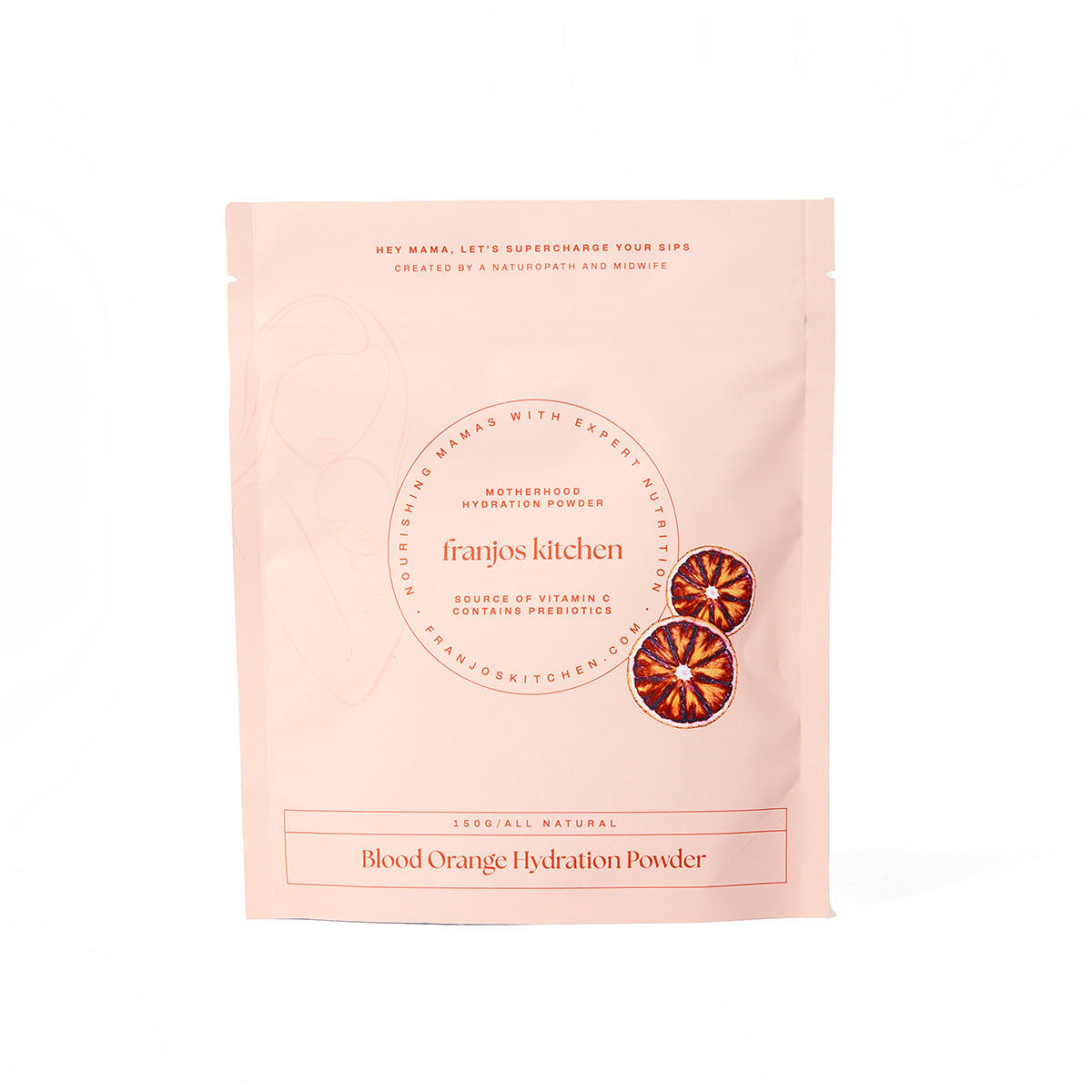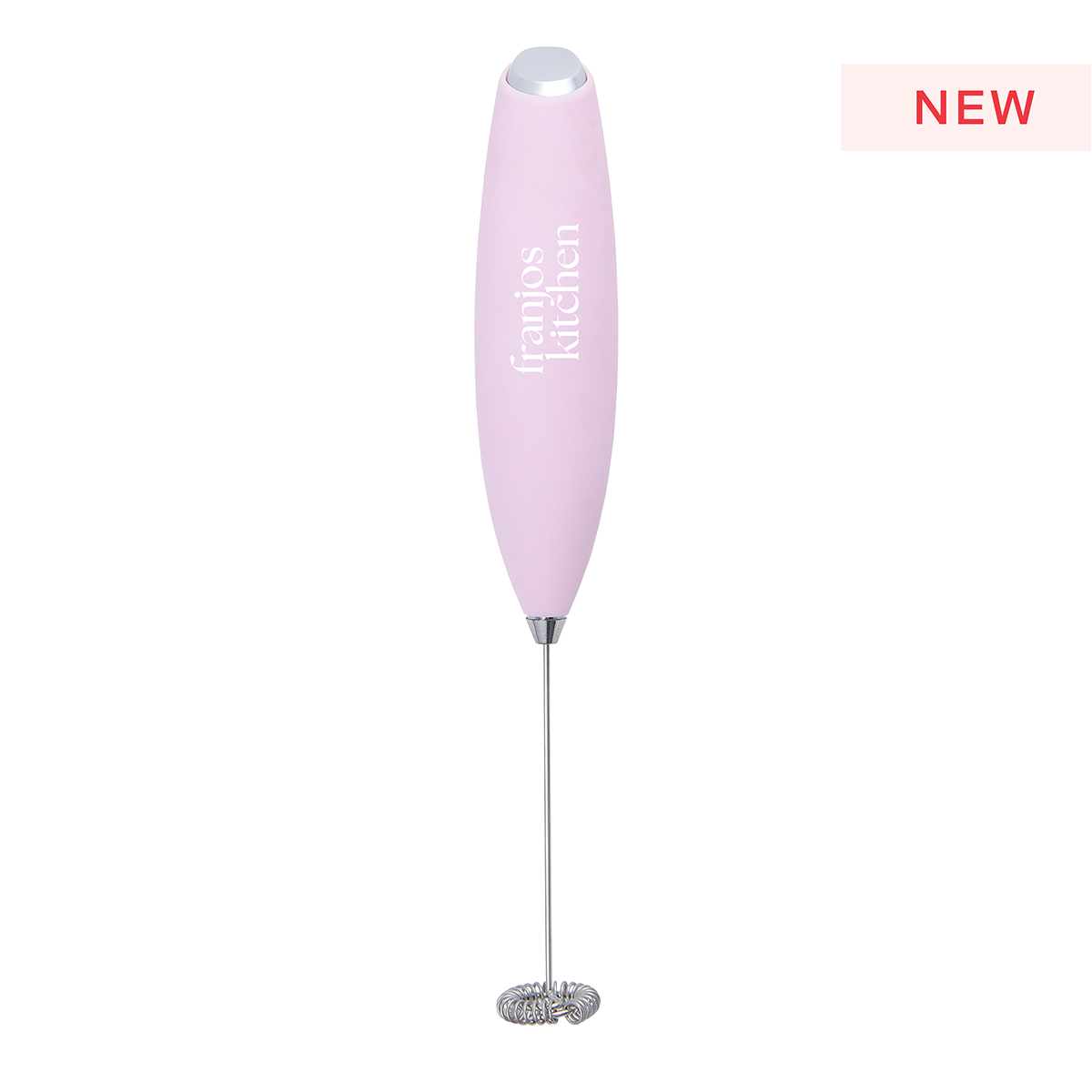Fun Facts on Breastfeeding
Fun Facts on Breastfeeding!
Most parents know that breastfeeding has amazing benefits for mama and baby, but there are a lot of facts regarding breastfeeding and breastmilk that you may not know. Have you ever wondered why we refer to the substance that comes out of your breast as liquid gold? This precious breastmilk nourishes your baby, adapts to what they need and helps them fight any infections or illnesses. Breastfeeding also reduces your risk of some conditions, may help you lose weight postpartum and increases the bond and connection with your baby.
*Every parent has a choice about how they feed their baby, this blog is not trying to convince you to breastfeed but to outline interesting points related to breastfeeding and breastmilk that you might not be aware of.
Facts related to mama:
- Breastfeeding has many benefits for you.
Mama’s who breastfeed have a lower risk of developing breast cancer, ovarian cancer, heart disease, type-2 diabetes and postpartum depression. The longer you breastfeed in your lifetime, the more protection you will receive against these conditions. Breastfeeding also makes you feel good and increases the bond with your baby. Your brain releases happy hormones (oxytocin and prolactin) during breastfeeding, which help you to bond with bub and ease any feelings of stress and anxiety.
It is not the size of your breasts that impacts milk production, it is the amount of glandular (milk producing) tissue in your breast that matters. If you have small breasts, you can have just as much glandular tissue as a mama with large breasts. If you follow your baby’s lead and breastfeed whenever bub displays hunger cues, you will produce enough milk for them.
- You can breastfeed no matter what shape and size your nipples are.
The shape and size of your nipples can affect the ease of breastfeeding (how easy or challenging you find it), but you can successfully breastfeed no matter what shape your nipples are. If your nipples don’t stand out much or are inverted (nipples that are stuck inwards), they may need some encouragement to come out so your baby can attach, but with help and persistence breastfeeding does become easier as your baby gets better at it. If you need assistance with breastfeeding, contact a lactation consultant or a breastfeeding counsellors through Australian Breastfeeding Association (ABA) Helpline.
Your body is literally burning calories as you breastfeed, which means you might end up losing weight postpartum without trying. There is absolutely no rush or need to ‘bounce back’ or begin exercising, burning calories through breastfeeding is just a bonus. In saying this, when breastfeeding you need to eat frequently throughout the day and night, especially high protein foods, to ensure you don’t lose too much weight too quickly as your nutrients will be depleted.
- Breastfeeding mums get more sleep at night.
You may hear some talk that formula feeding your baby will mean they sleep for longer, but exclusively breastfeeding actually provides parents with about 40 minutes more sleep at night compared to parents who formula feed. Breastfeeding hormones help you and your baby relax and get back to sleep quickly during the night. You may find eventually you can feed your baby during the night without fully waking.
- Breastfeeds during the night are important.
Your baby has a small stomach that needs to be filled often, including during the night. Prolactin (the hormone in milk production) is highest at night, therefore night feeds are important for your milk supply and missing night time breastfeeds can reduce your supply. Night feeds also ensure mama and her baby have close contact around the clock. We also happen to create the perfect snacks for those night time feeds - our delicious lactation cookies!
- Many mothers find breastfeeding hard at first.
Breastfeeding is natural, but it is often not easy. Some of the factors that make breastfeeding harder are poor breastfeeding information, marketing of formula, lack of support and concerns about breastfeeding in public. Setting up a support network and getting good information before your baby is born can help for a positive breastfeeding journey, remembering you are not meant to bring up a child alone, so don’t be afraid to ask for help.
Facts related to breastmilk and your baby:
- The benefits of breastmilk for your baby are endless.
Breastfeeding lowers your little one’s chances of experiencing common childhood illnesses, including ear infections, respiratory infections, gastrointestinal infections, childhood obesity, allergies, eczema, and necrotizing enterocolitis.
- Colostrum and breastmilk contain amazing properties for your baby.
Colostrum is the first milk you produce, and contains special proteins that coat your baby’s intestinal tract to protect against harmful bacteria right from the start of life outside the womb. Breastmilk is a living substance that contains live cells, which go on to become other cell types in the brain, heart, kidney or bone tissue. Breastmilk also contains antibodies and white blood cells that help your baby fight infections, and when you or your baby are sick the amount of these cells in your breastmilk increase.
- Breastmilk is biologically normal for your baby.
Breastmilk is what nature intended for our young; it is a living substance that is made for your baby and changes to match their needs. Formula is a safe alternative to breastmilk but is nothing like human milk; it contains no antibodies, no growth factors, no living cells, no enzymes to help digestion and does not change from the beginning to the end of the feed. Breastfeeding is cheap and very convenient, with your milk warm and ready 24/7 for your baby.
- The look, smell and taste of your breastmilk can change.
Breastmilk is not always white, it can look blue, green, yellow, pink or orange depending what you eat or drink, and it is okay for your baby to consume. The smell and taste of your breastmilk also changes depending on what you eat. Exposing your little one to more flavors during breastfeeding can lead to them eating more variety when you introduce solids.
- The components of your breastmilk will also change.
Your breastmilk is constantly changing to meet the needs of your growing baby. Every month, week, day and even throughout a single feed your milk will change. Your breastmilk is individually made for your baby and what they need, so if your baby is premature your breastmilk will contain more protein, fat, and other minerals for bone and brain growth as well as protective factors to prevent illness and infection. Amazing hey!
- There are many ways to use breastmilk.
Majority of the time you will breastfeed your baby or express breastmilk to give your baby in a bottle, but there are also many other ways you can use breastmilk, such as on nappy rash or in bubs bath.
- You can produce enough breastmilk for your baby.
Often mama’s worry that they aren’t producing enough breastmilk to meet their baby’s needs (or multiple babies), but in fact low supply is uncommon. Remember the amount of breastmilk you produce is governed by the supply=demand theory, so the more you put baby to the breast to feed the more milk you will make. If you are concerned about low milk supply, breastfeeding your baby more often will naturally increase it. Making an appointment with a midwife or lactation consultant regarding a breastfeeding plan would also be beneficial. Our products are always here to support and nourish you Mama. Shop our range now.
I hope you enjoyed this blog mamas
Incredible image by the talented @rewildherbirth



